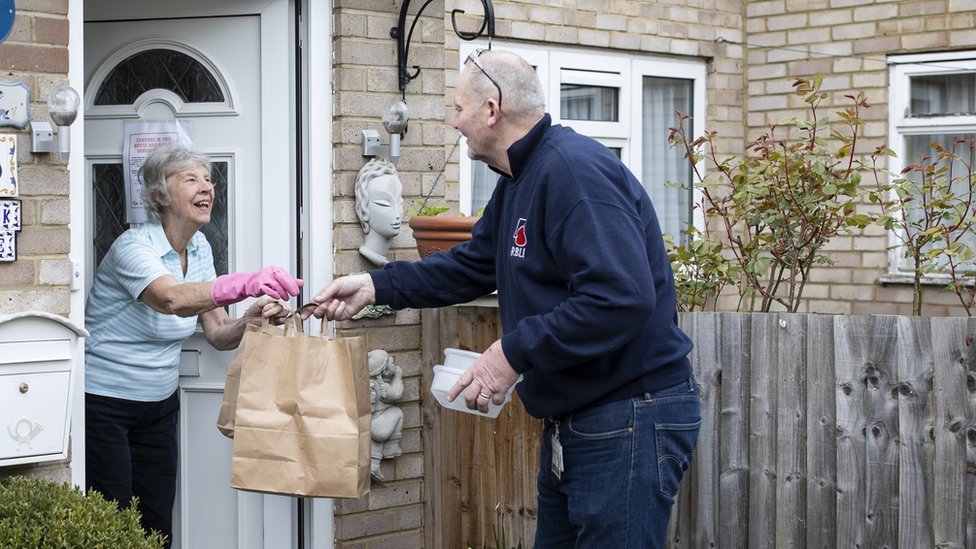In a groundbreaking initiative, the UK government is set to launch an online “resilience academy.” This platform is designed to train volunteers and businesses in effectively responding to national crises. The move is a response to the growing complexity and frequency of threats facing the country, including pandemics and extreme weather events.
The resilience academy is part of the government’s strategy to adopt a “whole of society” approach towards crisis management. This initiative expands the scope of crisis response beyond governmental agencies, involving businesses and individual citizens in the process. The academy aims to provide comprehensive training for all involved groups, ensuring a coordinated and efficient response in times of emergency.
A key feature of the program is a government website, scheduled for launch in the upcoming year. This website will include a volunteering hub, offering a platform for those eager to contribute to their communities in times of need. This hub will serve as a central point for registering volunteers, who will then be connected with local organizations aiding vulnerable populations.
The initiative was announced by Deputy Prime Minister Oliver Dowden during a visit to the top-security facility at Porton Down in Wiltshire. This facility is renowned for its work in evaluating vaccines and testing kits, particularly for new strains of the Covid virus. The visit underscored the government’s commitment to preparing for future pandemics, a key concern highlighted by Porton Down scientists who warn of the inevitability of another deadly pandemic.
The resilience academy’s creation follows lessons learned from the Covid-19 pandemic, which exposed significant gaps in the UK’s preparedness for such large-scale health crises. The government’s handling of the pandemic, currently under scrutiny in a public inquiry, revealed that existing plans were insufficient for the unprecedented challenges posed by Covid-19. These revelations have spurred the government to focus on threats with the highest likelihood and most significant potential impact, including future pandemics.
The initiative has received a mixed response. Labour’s Pat McFadden welcomed the establishment of the resilience academy and the volunteering hub, recognizing the willingness of the British public to assist fellow citizens during crises. However, he also highlighted flaws in the government’s previous crisis planning efforts, pointing out the financial implications and inefficiencies that emerged during the Covid-19 response.
So, the UK government’s resilience academy represents a significant step towards enhancing the country’s preparedness and response capabilities for future national crises. By involving various sectors of society, including businesses and individual citizens, the government aims to build a more robust and coordinated response mechanism. This initiative not only reflects a shift in crisis management strategy but also demonstrates a commitment to learning from past experiences to better safeguard the nation against future threats.


